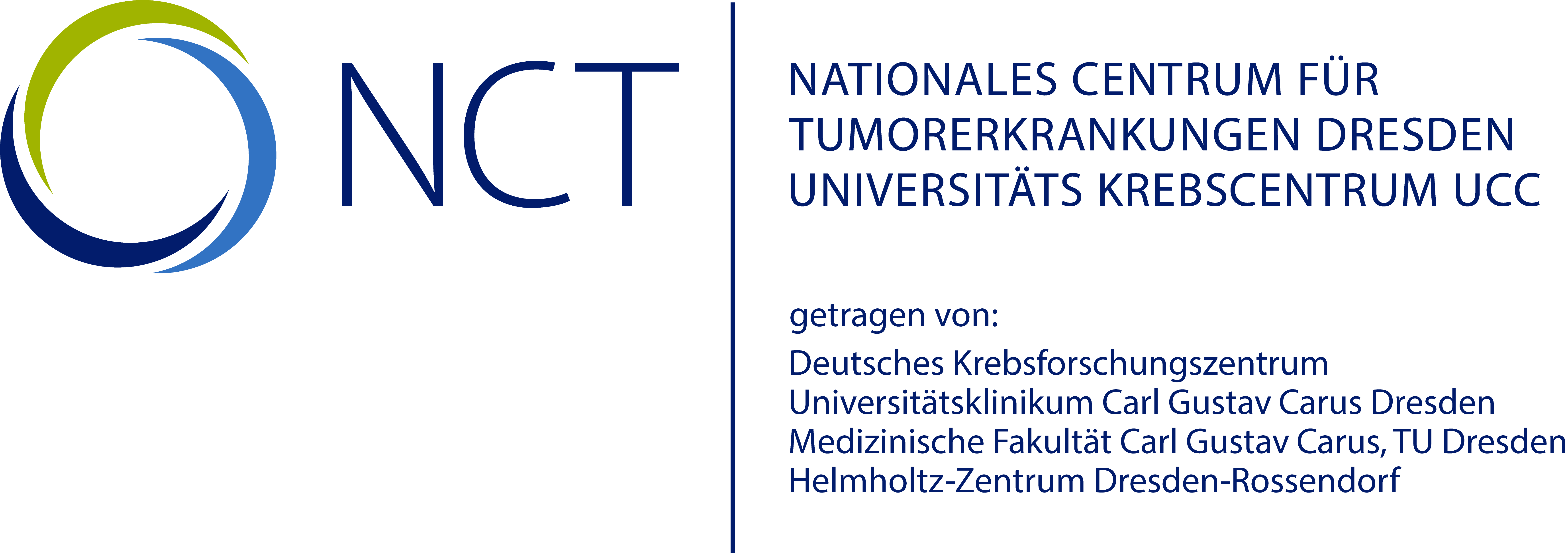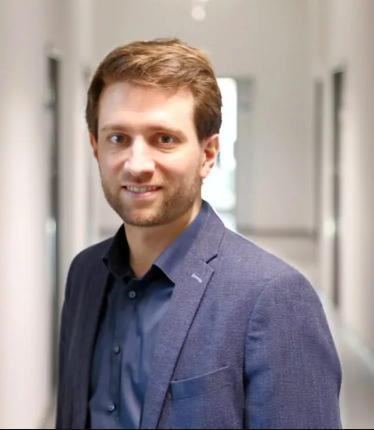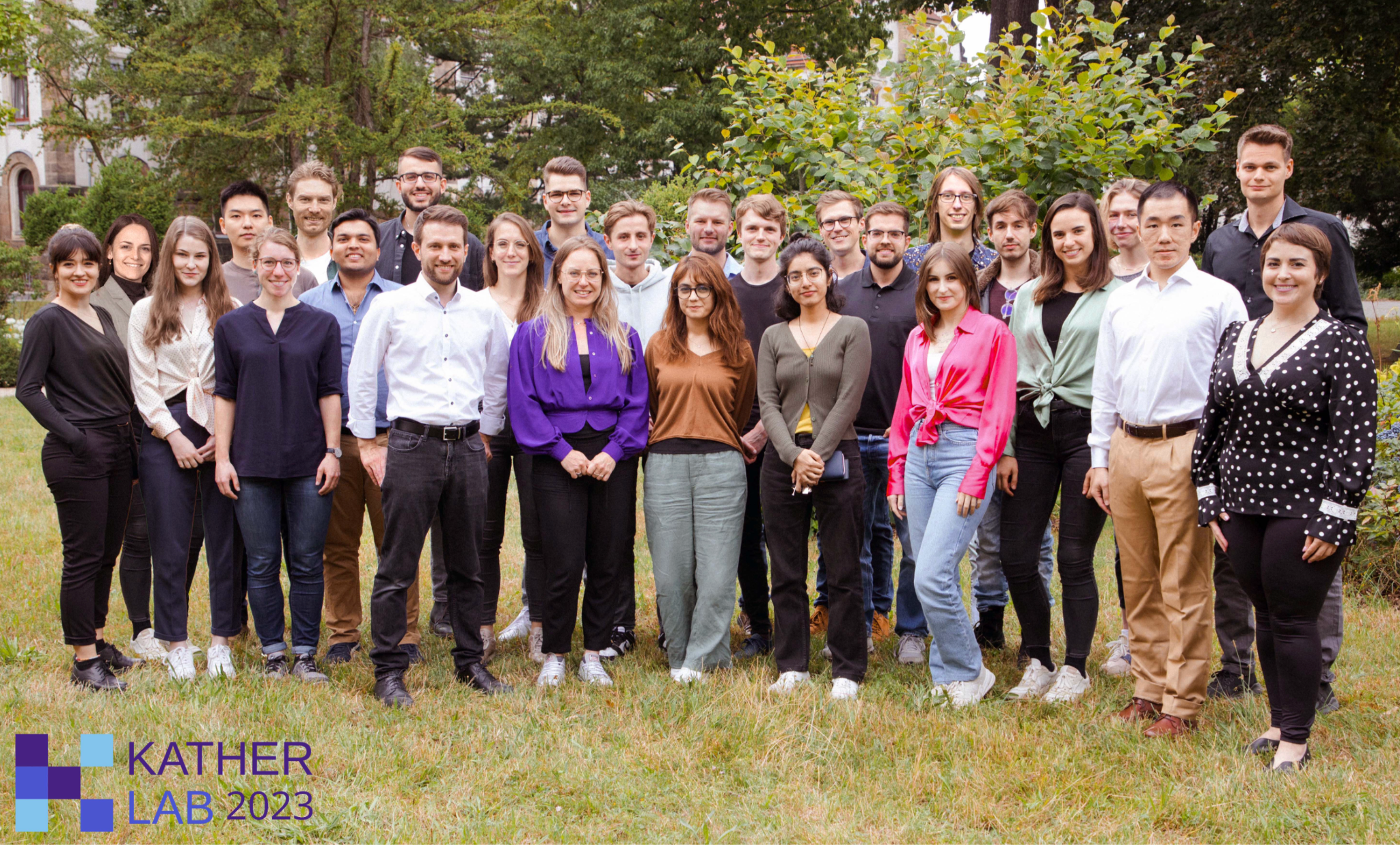Jiang X, Hoffmeister M, Brenner H, Muti HS, Yuan T, Foersch S, West NP, Brobeil A, Jonnagaddala J, Hawkins N, Ward RL, Brinker TJ, Saldanha OL, Ke J, Müller W, Grabsch HI, Quirke P, Truhn D, Kather JN. End-to-end prognostication in colorectal cancer by deep learning: a retrospective, multicentre study. Lancet Digit Health, 2024. doi: 10.1016/S2589-7500(23)00208-X.
Wagner SJ, Reisenbüchler D, West NP, Niehues JM, Zhu J, Foersch S, Veldhuizen GP, Quirke P, Grabsch HI, van den Brandt PA, Hutchins GGA, Richman SD, Yuan T, Langer R, Jenniskens JCA, Offermans K, Mueller W, Gray R, Gruber SB, Greenson JK, Rennert G, Bonner JD, Schmolze D, Jonnagaddala J, Hawkins NJ, Ward RL, Morton D, Seymour M, Magill L, Nowak M, Hay J, Koelzer VH, Church DN; TransSCOT consortium; Matek C, Geppert C, Peng C, Zhi C, Ouyang X, James JA, Loughrey MB, Salto-Tellez M, Brenner H, Hoffmeister M, Truhn D, Schnabel JA, Boxberg M, Peng T, Kather JN. Transformer-based biomarker prediction from colorectal cancer histology: A large-scale multicentric study. Cancer Cell, 2023 doi: 10.1016/j.ccell.2023.08.002.
Truhn D, Reis-Filho JS, Kather JN. Large language models should be used as scientific reasoning engines, not knowledge databases. Nature Medicine, 2023. doi: 10.1038/s41591-023-02594-z.
Jiang X, Zhao H, Saldanha OL, Nebelung S, Kuhl C, Amygdalos I, Lang SA, Wu X, Meng X, Truhn D, Kather JN, Ke J. An MRI Deep Learning Model Predicts Outcome in Rectal Cancer. Radiology, 2023. doi: 10.1148/radiol.222223.
Saldanha, O., Quirke, P., West, N., James, J., Loughrey, M., Grabsch, H., Salto-Tellez, M., Alwers, E., Cifci, D., Laleh, N., Seibel, T., Gray, R., Hutchins, G., Brenner, H., Yuan, T., Brinker, T., Chang-Claude, J., Khader, F., Schuppert, A., Luedde, T., Foersch, S., Muti, H., Trautwein, C., Hoffmeister, M., Truhn, D. and Kather, JN. Swarm learning for decentralized artificial intelligence in cancer histopathology. Nature Medicine, 2022 doi: 10.1038/s41591-022-01768-5
Shmatko A, Ghaffari Laleh N, Gerstung M, Kather JN. Artificial intelligence in histopathology: enhancing cancer research and clinical oncology. Nature Cancer, 2022 doi: 10.1038/s43018-022-00436-4.
Muti HS, Heij LR, Keller G, Kohlruss M, Langer R, Dislich B, Cheong JH, Kim YW, Kim H, Kook MC, Cunningham D, Allum WH, Langley RE, Nankivell MG, Quirke P, Hayden JD, West NP, Irvine AJ, Yoshikawa T, Oshima T, Huss R, Grosser B, Roviello F, d’Ignazio A, Quaas A, Alakus H, Tan X, Pearson AT, Luedde T, Ebert MP, Jäger D, Trautwein C, Gaisa NT, Grabsch HI, Kather JN. Development and validation of deep learning classifiers to detect Epstein-Barr virus and microsatellite instability status in gastric cancer: a retrospective multicentre cohort study. The Lancet Digital Health, 2021, doi: 10.1016/S2589-7500(21)00133-3.
Kather JN, Heij LR , Grabsch HI , Loeffler C , Echle A , Muti HS, Krause J, Niehues JM, Sommer KA, Bankhead P, Kooreman LFS, Schulte J, Cipriani NA , Bülow RD, Boor P, Ortiz Bruechle N, Hanby AM, Speirs V, Kochanny, Patnaik A, Srisuwananukorn A, Brenner H, Hoffmeister M, van den Brandt PA, Jaeger D, Trautwein C, Pearson AT , Luedde T. Pan-cancer image-based detection of clinically actionable genetic alterations. Nature Cancer, 2020, doi: 10.1038/s43018-020-0087-6
Kather JN, Pearson AT, Halama N, Jaeger D, Krause J, Loosen SH, Marx A, Boor P, Tacke F, Neumann UP, Grabsch HI, Yoshikawa T, Brenner H, Chang-Claude J, Hoffmeister M, Trautwein C, Luedde T. Deep learning can predict microsatellite instability directly from histology in gastrointestinal cancer. Nature Medicine, 2019, doi: 10.1038/s41591-019-0462-y









